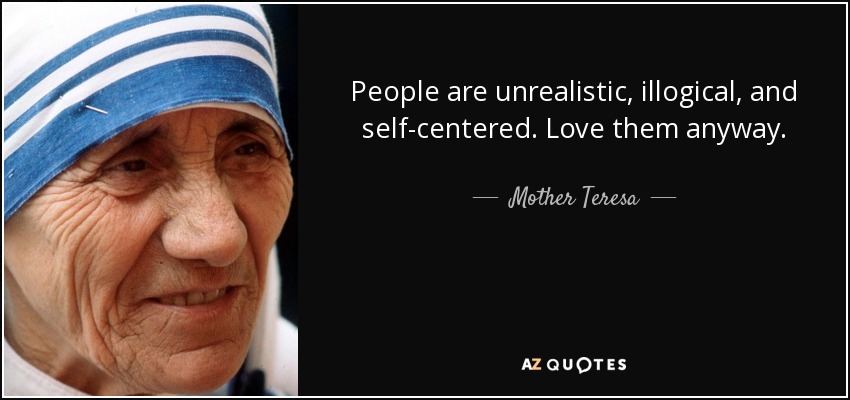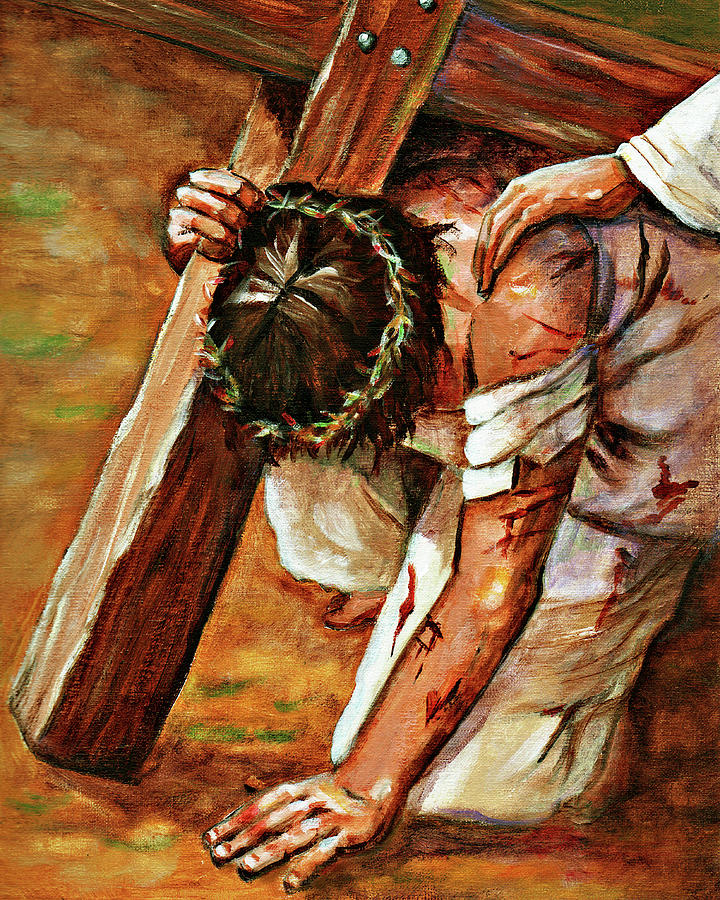This is not about the meaning of word belief in the English language, or Western Christendom either. Nor is it about the relationship between belief and belonging that has characterised so much of sociology of religion since Grace Davy’s book in 1996. What I am going to do is simpler and that is try to pull out for me three elements that twisted together form my understanding of what it means to believe as a Christian today. They do not stay tidily in neat strands but branch out and they are not totally separate from belonging but they do not encompass the full scale of it. So what are they: Content, Piety and Obedience but each will need spelling out in much more detail because each take their meaning within the context of the Christian faith.
Content is perhaps the easy one. To proclaim Jesus is Lord, the accept as true the Historic Creeds of the Church, to hold that God is Love. However, it is more than that, it is the claim to “believe the Bible”, to accept quite secondary doctrine whether that is speaking in tongues as evidence of Baptism of the Holy Spirit, praying the sinners prayer is necessary to be saved or the Assumption of Mary into Heaven. This secondary layer is not normally seen as central but if forms the context within which the central core is held.
Then there is Piety, at its simplest to Love God and to Love your neighbour. However it too has a whole range of behaviour around it, from keeping the ten commandments, participating in worship and the sacraments, prayer, almsgiving, do unto others as you would have them do unto you, the teaching of Christ in the beatitudes. Add onto it all the moral and spiritual teaching of various branches of the church and you will see that there is plethora of secondary practices that also come under piety whether it is tea-totalism, walking the camino or snake handling.
Then I have put obedience except I do not mean normal obedience. Rather I am taking it from its latin root “ob+audire” which means “in the direction of” + “to listen”. So the question is “Who do you listen to?” and to recall James 1:22 “Be doers of the word, and not hearers only” it is easy to see how this links to more modern ideas of obedience. However who do you listen to when it comes to making sense of Christian faith? God? well yes but he tends not to speak directly. The Bible? but any reading of a two thousand year old text requires us to read through a lens and if we claim we have no lens then that usually means our lense is our own prejudices and blindspots. However, there is at least your priest, minister, pastor, elder or other leader of your fellowship who gives the teaching, preaching, word, sermon, or homily during your time of worship. You listen to her or him, maybe no very carefully and if it is the same person quite often you will feel that you have heard it all before but you do listen. Then there are places where that person changes every week, and even in churches where there is a single leader so often someone else will will be invited to give a Word or testimony. Then there are others who hold influence. In hierarchical churches these may be people with institutional authority such as Popes or Bishops. In other churches these may have celebrities because of their learning, because of the congregation they founded, because of the media presence or their ability to heal. Then there are the books and other resources we read about Christianity, the friends we talk with who share our faith. We are all the time making choices about which voices we listen to and about which voices we ignore. This community of voices creates the context in which we make our faith decisions even down to our understanding of what we understand ourselves as doing when we say “I believe”







